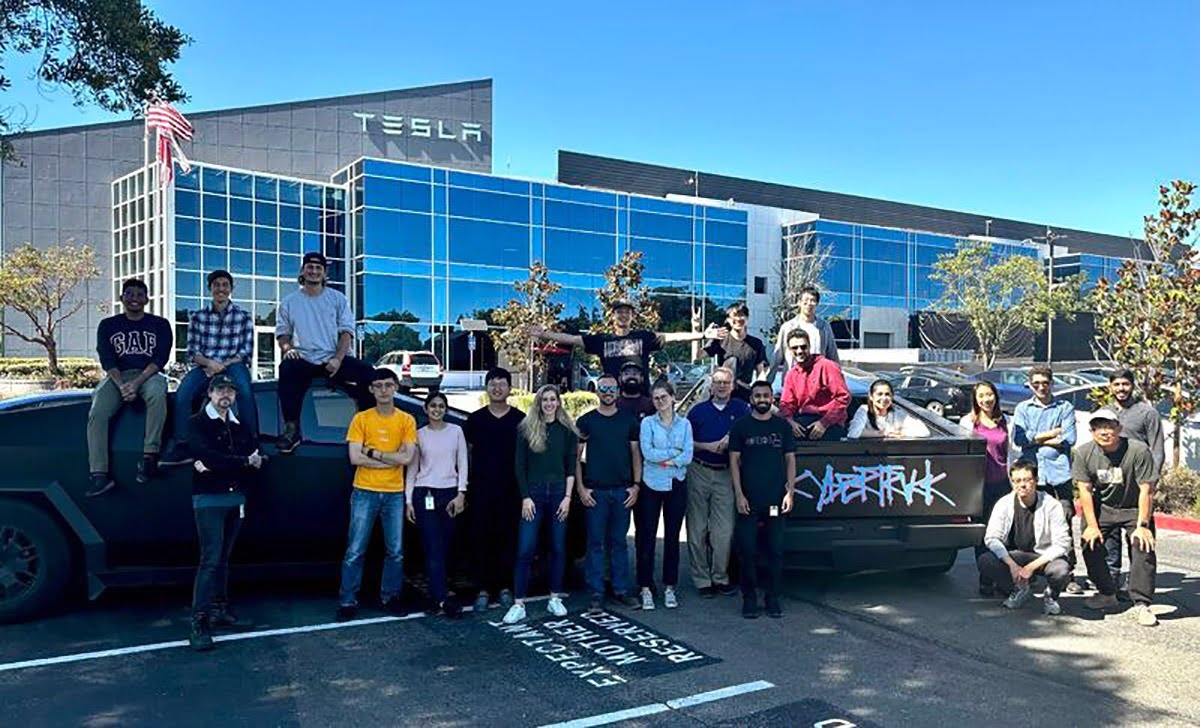Tesla is set to outfit all of its top-selling cars in the US with unique 4680 battery cells produced in its own facilities. The company is now optimistic about its ability to create the most affordable EV batteries in the country.
Future Battery Variants
There are plans for four distinct types of 4680 battery packs, similar to the ones being manufactured for the Cybertruck, which are expected to be ready for production by 2025. The additional versions will be specifically designed for a 40 kWh battery that will support the 200-mile range of the soon-to-be-released Robotaxi, along with the popular Model 3 and Model Y, which Tesla sells in high volumes.
Production Challenges
Earlier this year, the mass production of 4680 batteries at Tesla was not going as smoothly as anticipated. In fact, Elon Musk had to let go of the head of Tesla’s battery division and the individual in charge of expanding 4680 production at Giga Texas because their approach was too slow. During the annual shareholder meeting, Musk even remarked that should Tesla fail to reduce the production costs of the 4680 battery to match those of its suppliers by the year’s end, it would consider obtaining them from Panasonic or LG instead.
New Leadership and Breakthroughs
Tesla has since appointed Bonne Eggleston as the new leader of the 4680 battery development team, who set ambitious production targets right from the start. Just a few months later, Tesla made a significant breakthrough with the 4680 battery and showcased its first Cybertruck equipped with factory cells created using the least expensive dry cathode technique.
Now, Tesla is prepared to mass-produce dry cathode batteries by 2025 and may achieve its previously stated goal of a 50% reduction in costs, which was highlighted on Battery Day in 2020. Elon Musk mentioned during the Q3 earnings call that the Tesla-manufactured 4680 cells will likely become part of the lowest-priced battery packs ever made in the US, especially when factoring in import duties on supplier cells and the federal incentive of $45 per kWh for domestically produced batteries.
This could enable Tesla to potentially bring vehicle prices below the $30,000 threshold, Musk noted, although he clarified that Tesla will continue to order a significant amount from its suppliers as its vehicle and energy storage divisions expand.


Leave a Reply